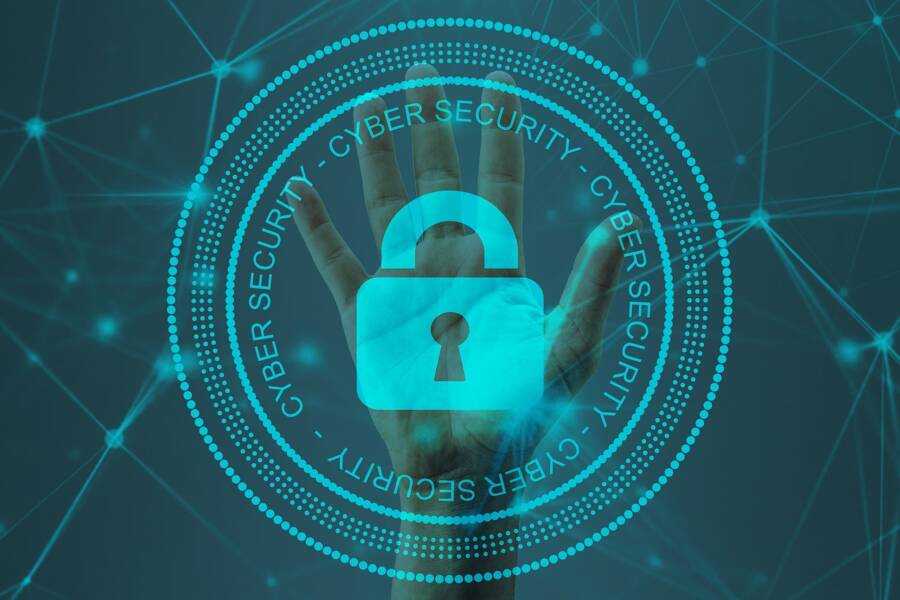Just about every cybersecurity company is concentrated on three key aspects of information and data: confidentiality, integrity, and availability. Each of these aspects addresses different issues in order to provide protection for your data and information and other people’s. It’s often referred to as the CIA model. In short, the CIA model determines the identity of who has access to specific information, specifies how each and every identity is authenticated, and lastly, the correct methodology used for securing the pipeline or relay system by which that data is shared. After reading this post, explore FortifID for more information about data authentication, protection, privacy.
To further improve your cybersecurity and your organization’s sensitive data, you should consider using Identity and access management so that only the right people can access the company’s tools.
Understanding these principles will make it possible for you to enhance your own online security by using the following methods:
1. Anonymizing
It has been said that “The three golden rules to ensure computer security are: do not own a computer; do not power it on, and do not use it.” (Robert Morris, quoted in cybertalk.org). But if you don’t want to go quite that far, you can anonymize your data by utilizing international servers. This is a way of relaying information through secure nodes so that when a site tries to trace who is requesting information from it, it gets the location of the relay node and not your computer or phone. This is what a virtual private network (VPN) does. Some people think that a VPN is all that they need to keep themselves safe, but it’s not because before the data centers and once it leaves the node network, it is vulnerable to cyber attackers.
2. Masking
This is what it sounds like—hiding your identity from people who might want to use that knowledge against you. It’s the reason why Batman doesn’t show his face. Social networking sites, email, and other online services are desperate to know who you are and how you use their services so that they can better target you for offers or even sell that information on. Often it will do this through an email or a phone number. The thing is, there are no rules that prevent customers from not using their primary email addresses, and there are websites that you can use that give you disposable email addresses that expire in a matter of minutes so that you can respond to that confirmation email, and they will be none the wiser.
3. Encrypting
Thankfully, encrypting is far more common than it used to be. The Electric Frontier Foundation created Hypertext Transfer Protocol Secure (HTTPS) to make the HTML standard transfer protocols secure. If the letters “HTTPS” look familiar, it’s because it’s now at the start of every web page that you browse on your computer—usually. You should always double-check that you see that all important “s” at the end of the http path. The most common browsers will show you if the site you are using is secure or not and will block the ones that aren’t. It’s worth familiarizing yourself with your browser’s settings because of that.
4. Secure Browsing
Your Web browser will tell you that it’s the most secure browser ever developed, but it’s still storing data about all of your browsing sessions. This includes pages visited and lists of images downloaded. This data gets stored in the browser’s cache and is available to anyone else who is using the same computer or laptop. Popular web browsers like Chrome, Firefox, Internet Explorer and others have the feature of private mode. This private mode prevents information about browsing sessions stored in the browser.
5. Host-Proof Hosting
Data storage services like Dropbox, the Apple iCloud, Amazon, and Microsoft’s OneDrive can house gigabytes of information in The Cloud. This data can be accessed by users from various devices. In fact, it’s been designed so that you can share files and folders with friends and family.
Host-proof data storage means that the people who are holding your data do not have access to that data. You are essentially handing them over a locked box of your private information without giving them the key. Therefore, the host has no ability to read the data that it stores and so your data is secure.
TechnologyHQ is a platform about business insights, tech, 4IR, digital transformation, AI, Blockchain, Cybersecurity, and social media for businesses.
We manage social media groups with more than 200,000 members with almost 100% engagement.









































